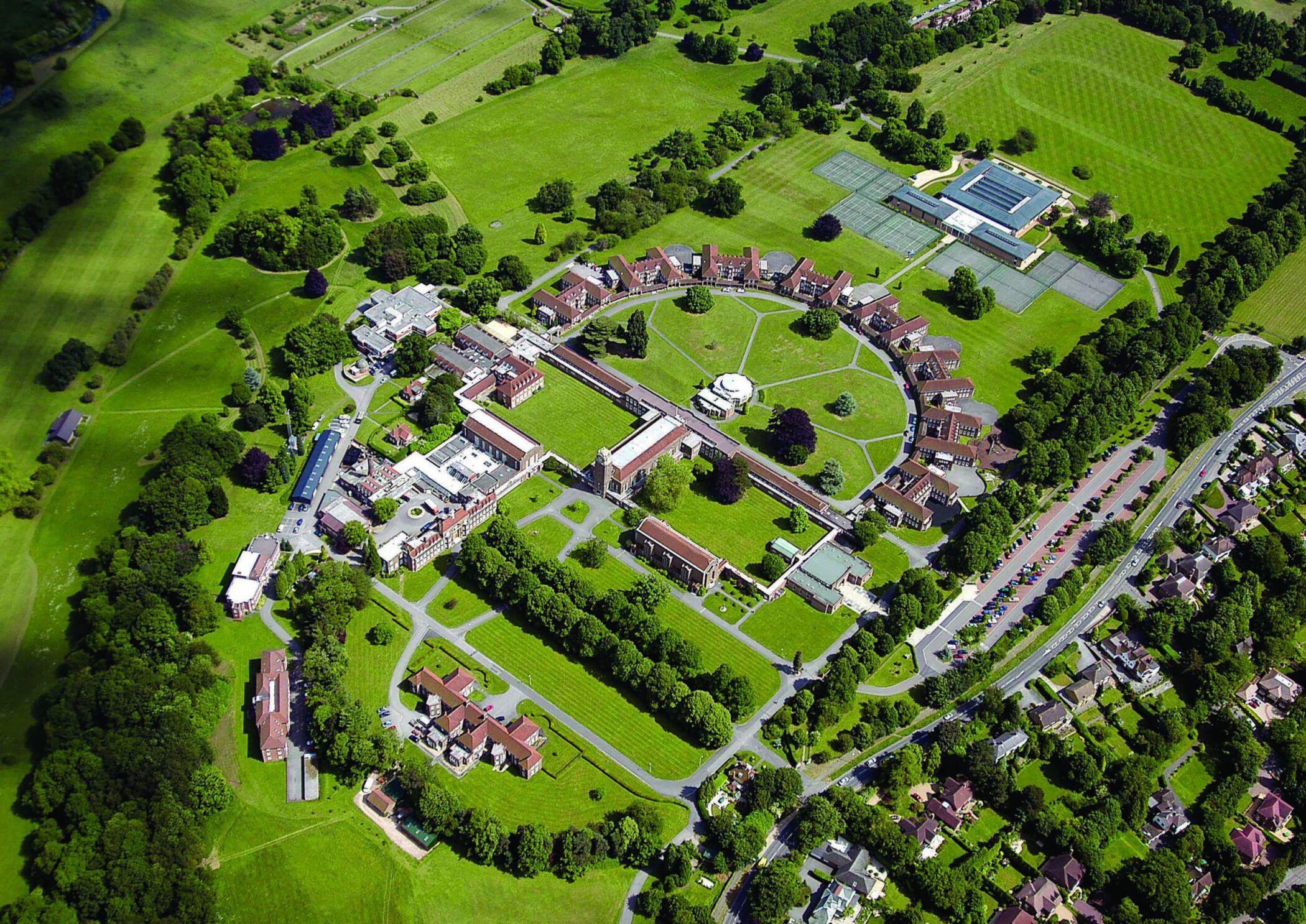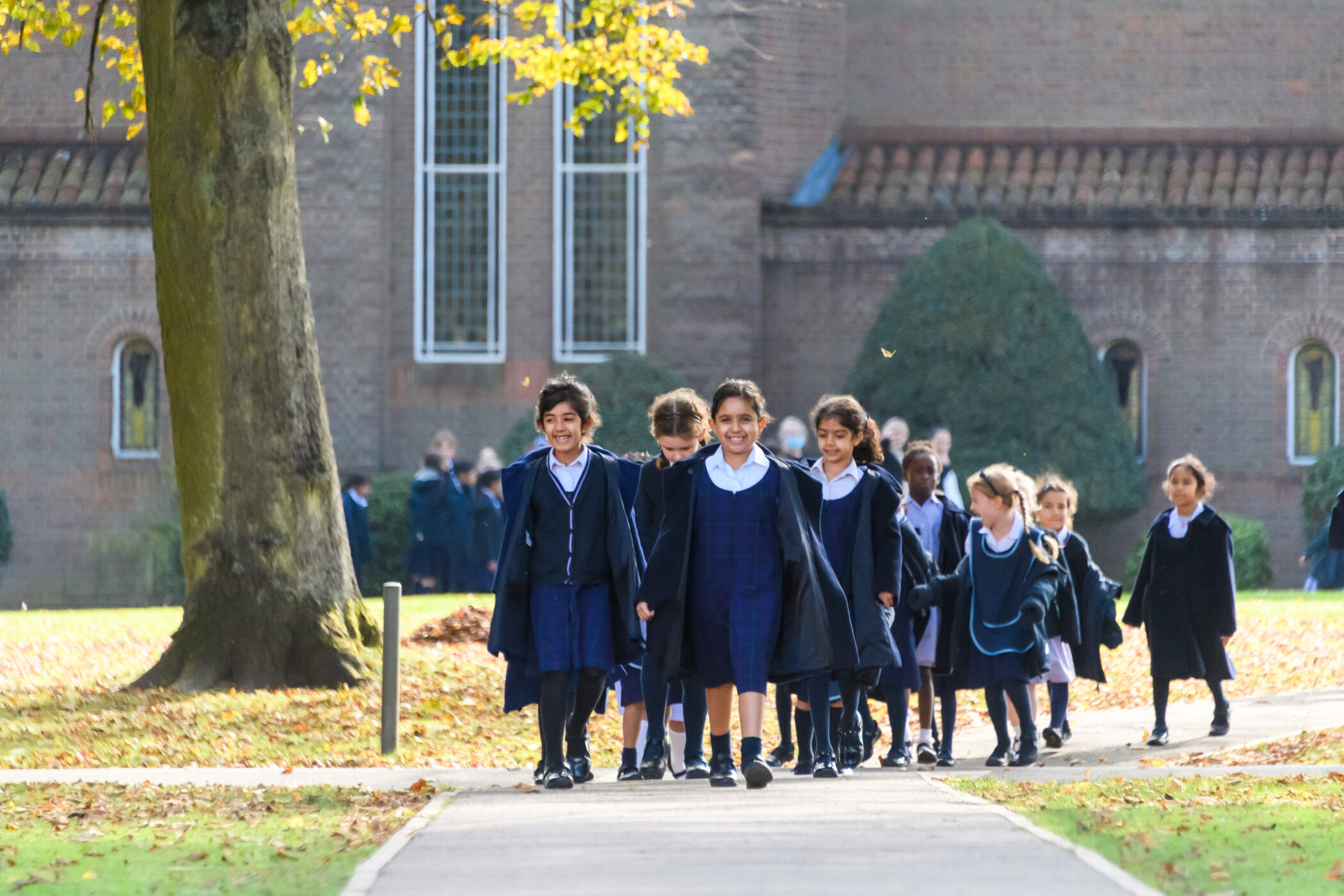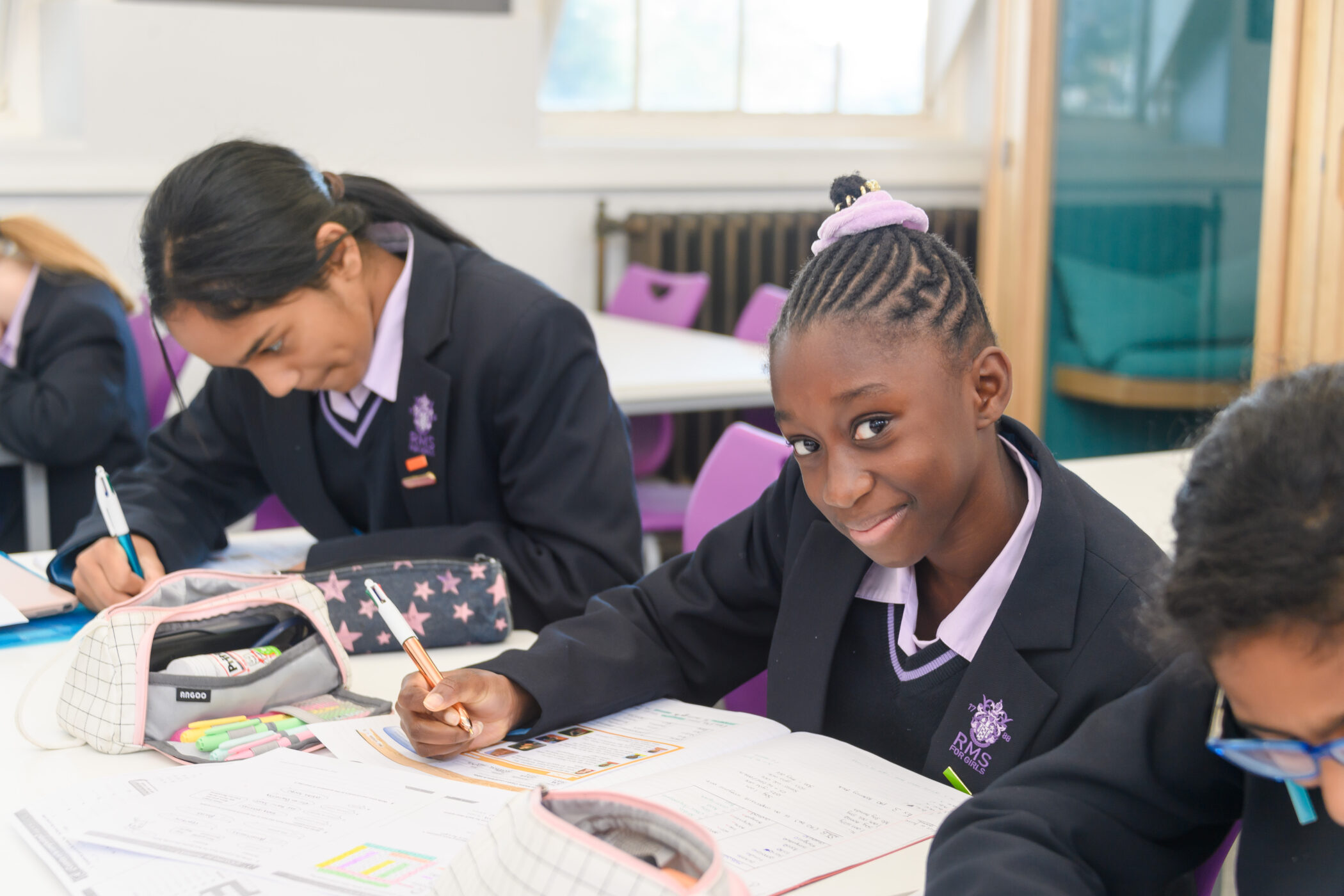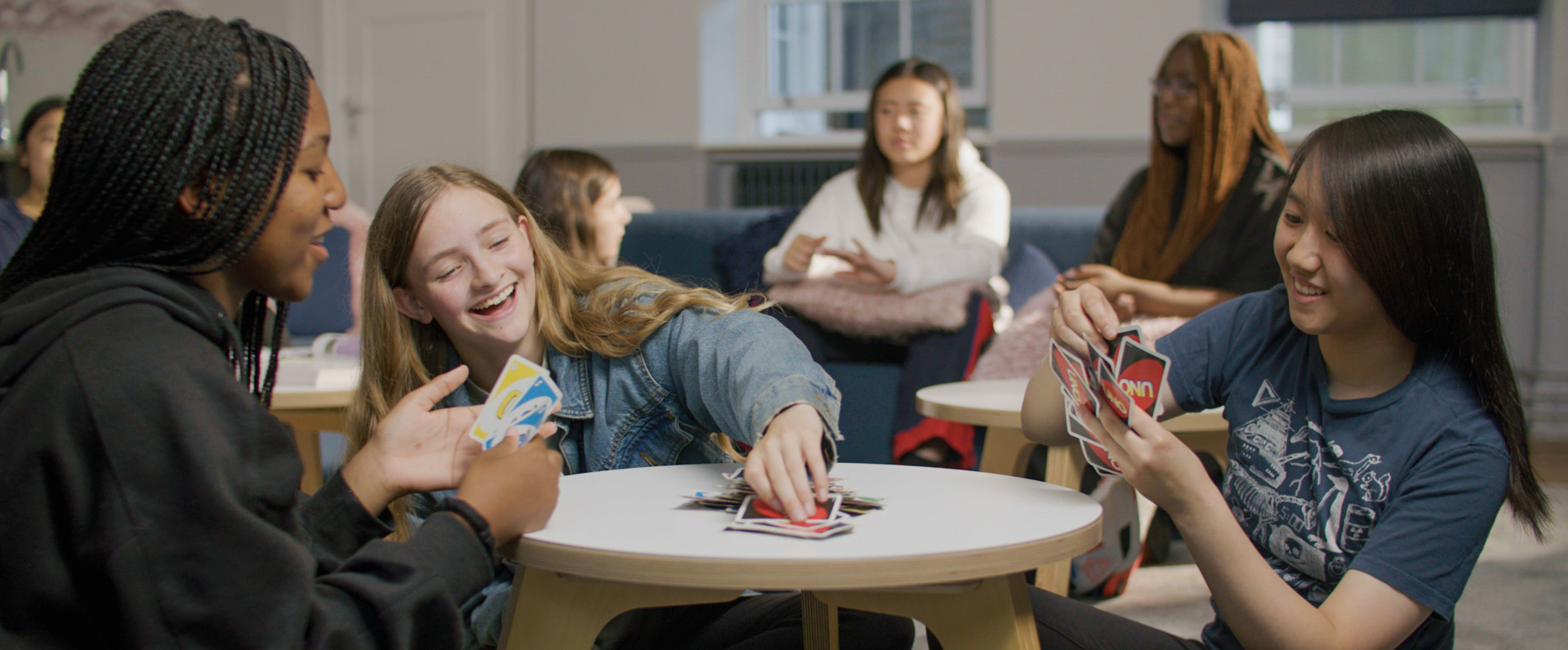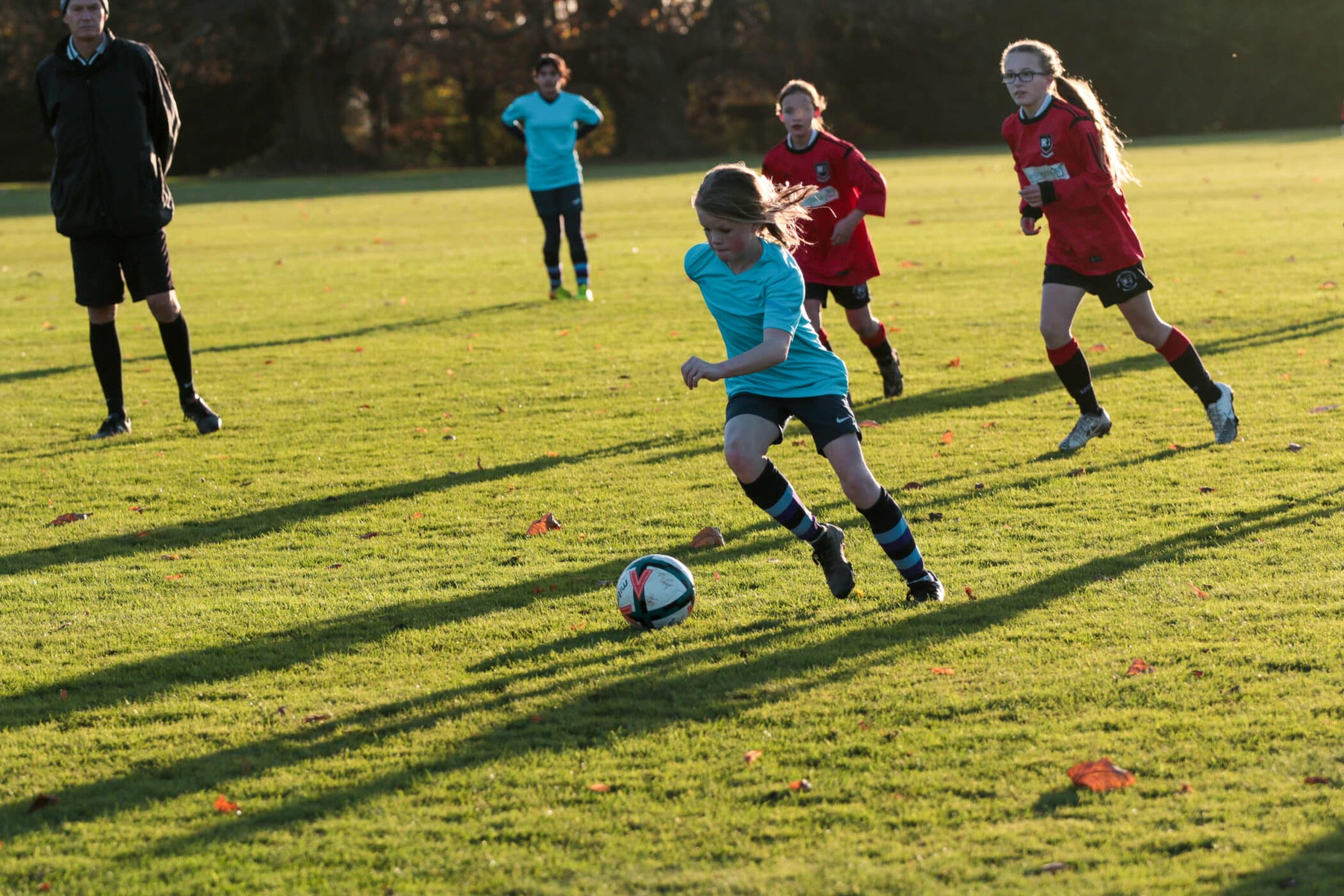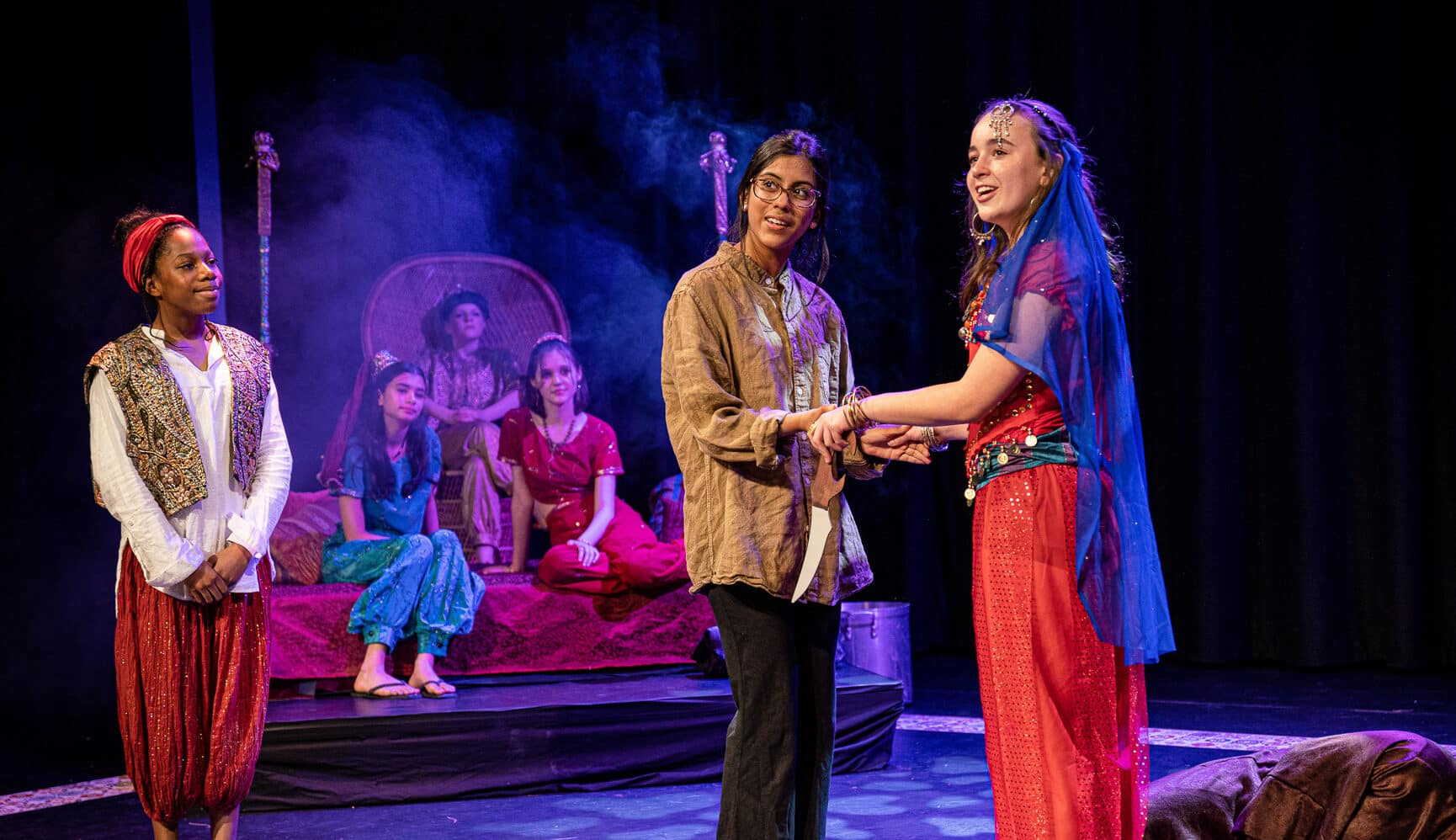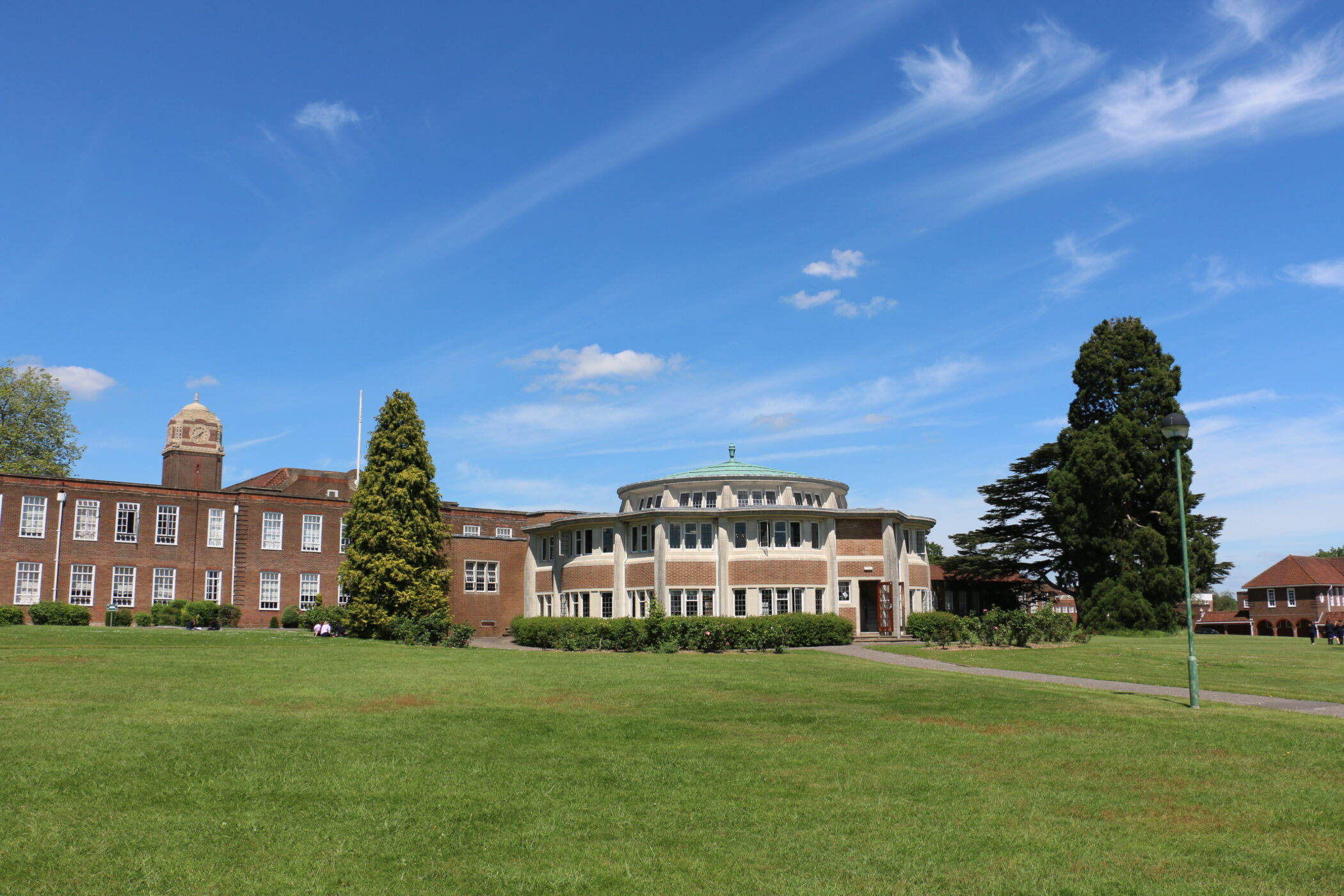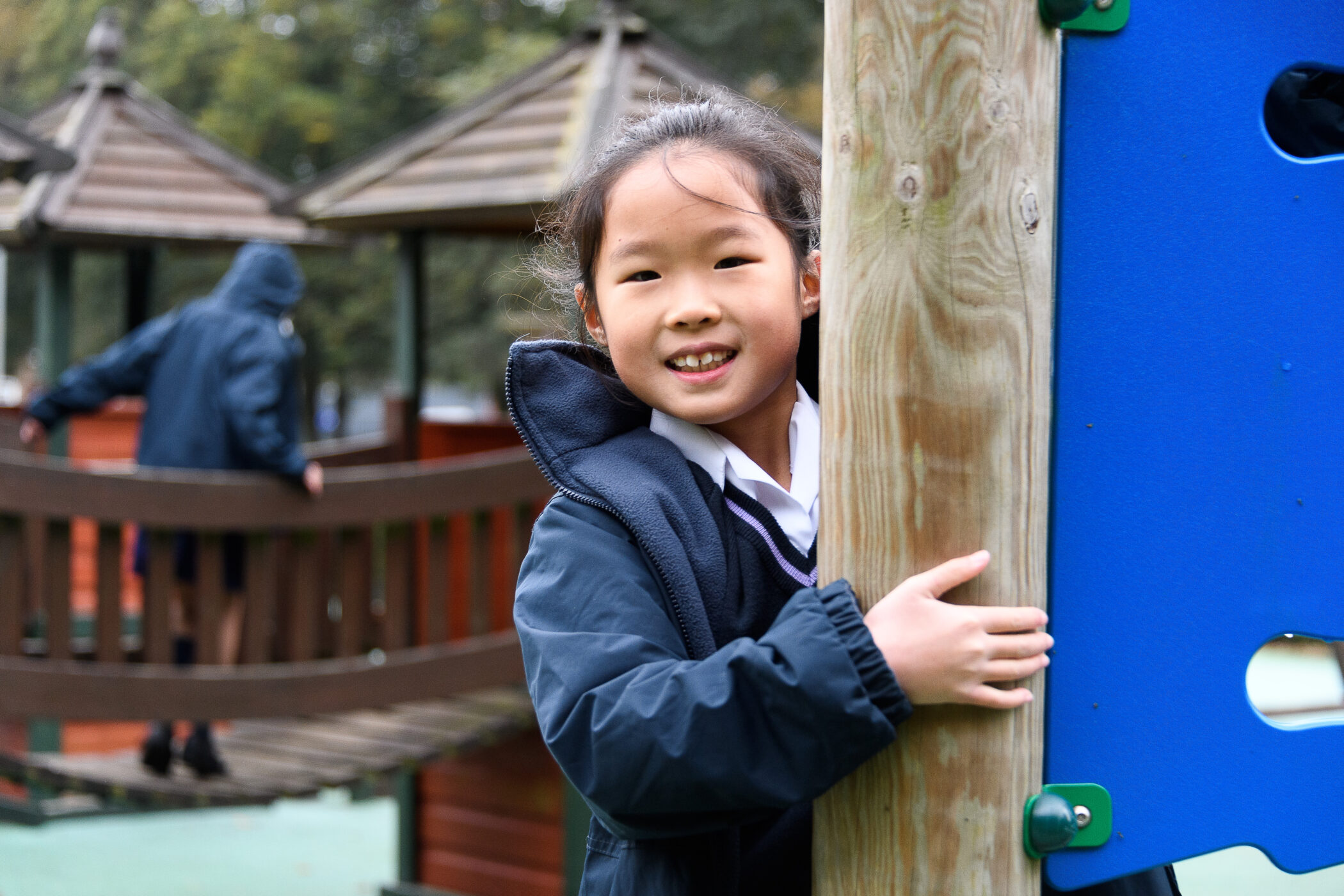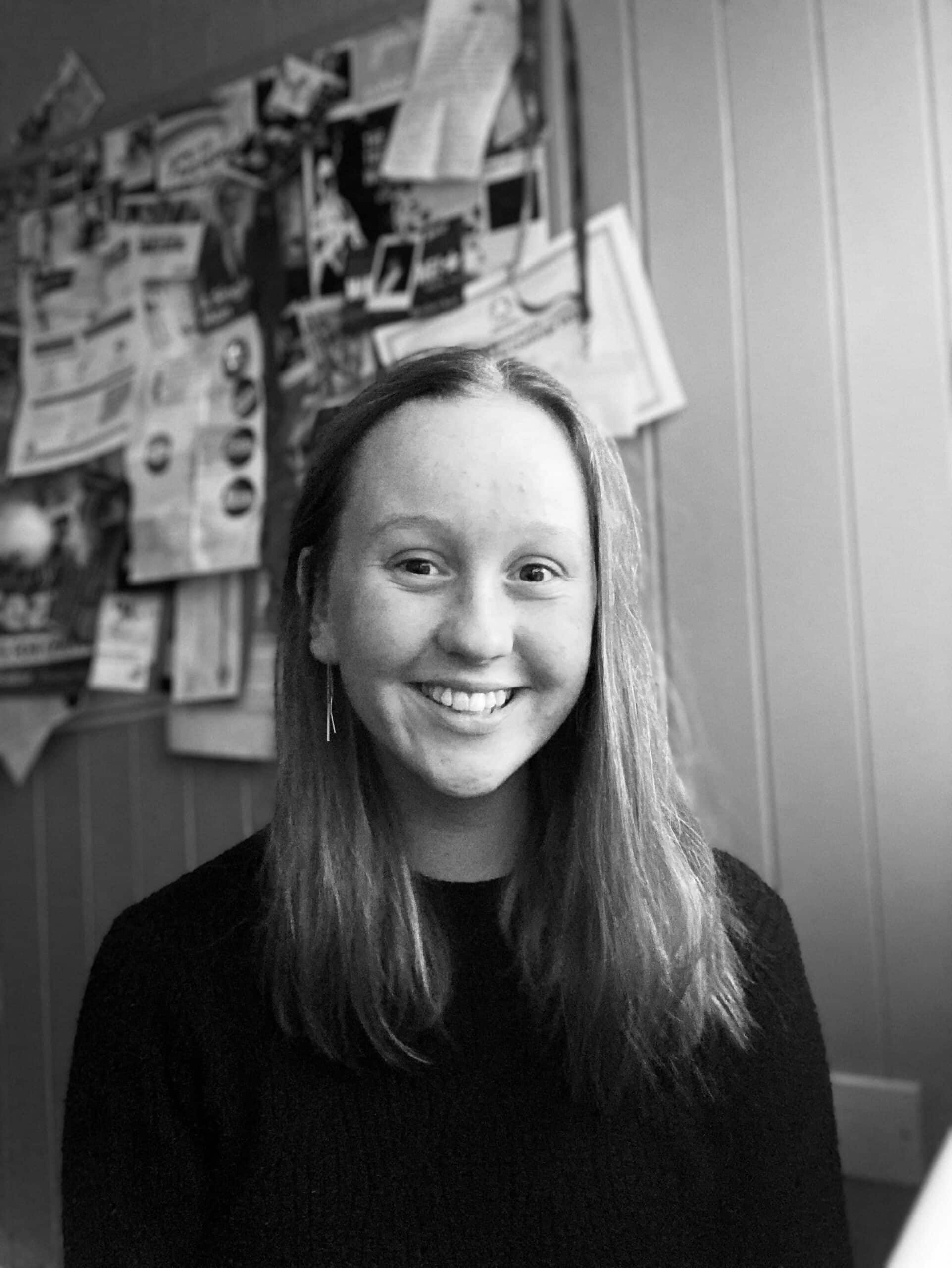RMS Sixth Form Student, Hattie, has been shortlisted in this year’s John Locke Institute Essay Writing Competition.
The contest received over 19,000 entries from students from across the globe, which makes being shortlisted a remarkable achievement. We caught up with Hattie during the summer break to hear more.
—
Can you tell us how you first heard about this competition and what made you want to enter?
I study History, Politics, Economics and English Language at A-Level and absolutely love all of them, particularly History and Politics, which I am hoping to pursue at university and beyond. As part of this love, I have spent the past year looking for further opportunities to go beyond the curriculum and improve my writing and speaking skills.
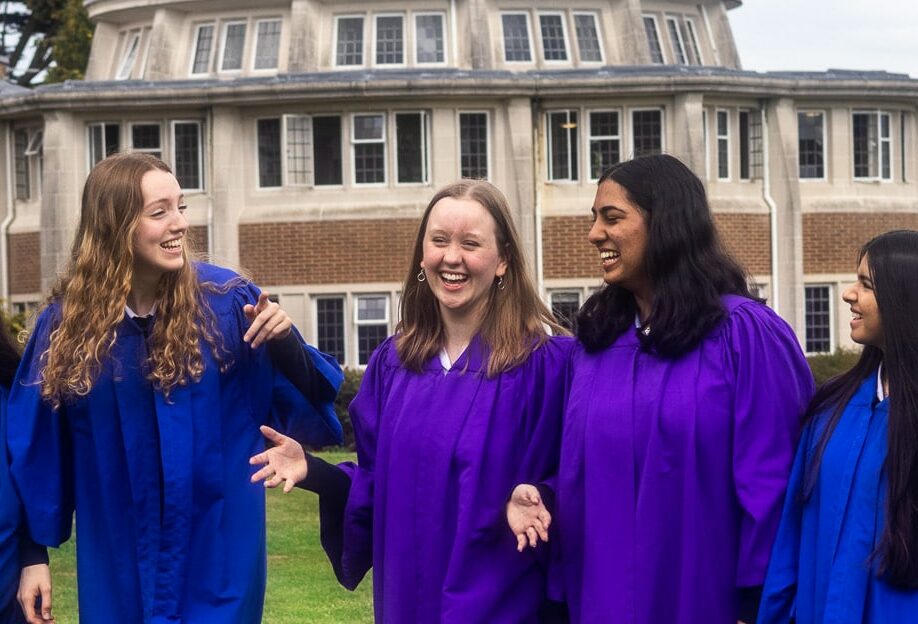
As a result, I entered various essay and speech competitions, totalling 7 competitions on issues ranging from a German essay on how we should deal with the climate crisis, to the Weimar government’s attitude towards homosexuality, to the significance of young people having faith in democracy.
I discovered the John Locke Institute Essay Writing Competition – a great essay competition for me as one of the questions for the politics section focused on elections and their role within democracy, a particular interest of mine. I knew that it would be the perfect opportunity for me to pursue this area of interest further, allowing me to look in depth into specific themes of the impact of different voting systems, turnout and misinformation at general elections in the UK and other elections in England.
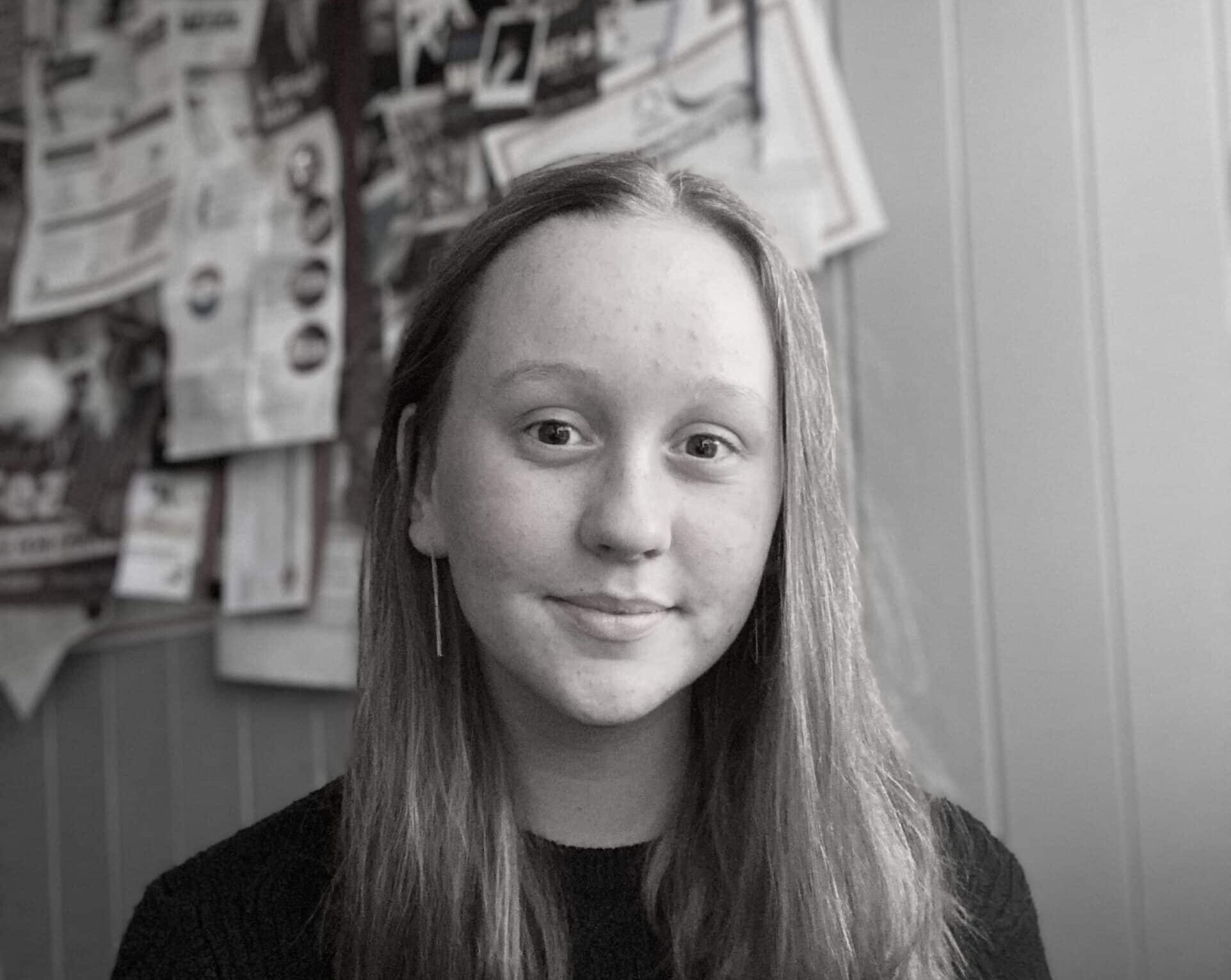
What was the title of your essay and why did you choose this topic to write about?
There were three options for the politics section:
- Do the result of elections express the will of the people?
- If China becomes the leading superpower, what would that mean for the people who live there and what would it mean for everyone else?
- What might account for the different levels of political corruption in your own country and your country’s nearest neighbour?
I knew for certain that I either wanted to do the first or third question, as I am particularly interested in domestic politics, but there were two particular reasons why I decided to enter the first question.
Firstly, multiple other essay competitions I had entered gave me the opportunity to explore elections as a theme, which meant that I already had some foundations of research on which to build my themes and felt encouraged to explore elections deeper.
Secondly, I was actively involved in campaigning at the Uxbridge and South Ruislip By-election at the time, this gave me the opportunity to see the reality of many significant elements of elections in-action, an experience that I found only further deepened my understanding and passion for the topic and cemented that the first question was the right choice!
How did you feel when you heard that you had been shortlisted?
After reading further about the competition and the fact that over 19,000 people had entered from 183 countries, I was particularly proud of my achievement!
The date published for the shortlisted emails to be sent had passed and so I had presumed that I hadn’t been lucky this time, and so was looking at other opportunities to use the research I had conducted. Therefore, I was very surprised when two days after the original date I checked my emails and realised that I had in fact received an email letting me know that I had been shortlisted. Of course, I was absolutely ecstatic, particularly as I believed up until this point that I hadn’t been shortlisted!
How would you say that RMS for Girls has encouraged you and helped you grow in your essay writing – especially developing an interest in writing about your passions?
The school has quite simply been invaluable in supporting and encouraging me.
RMS provided me with the first opportunity to truly explore my passions in essay writing with the Dennis Machin History Essay Competition, held every Summer for students entering Sixth Form in September. The competition allowed us to write on any topic that interested us, and gave me the opportunity to explore a topic from history that I find particularly interesting: the attitude of the Weimar government towards homosexuality.
The history and politics department have supported me so much in pursuing my various competitions and extra projects, such as my podcast and additional extra-curricular research.
They’ve been wonderful in facilitating discussions to give me the opportunity to voice and defend ideas out loud and explore ideas that I may not have previously considered; as well as helping me cut down the inevitable long drafts.
—
The competition prize-winners will be announced at an awards ceremony at the University of Oxford’s Sheldonian Theatre on Saturday 16th September. All the best to Hattie in the run up to this event, everyone at RMS is proud of your fantastic achievement.
